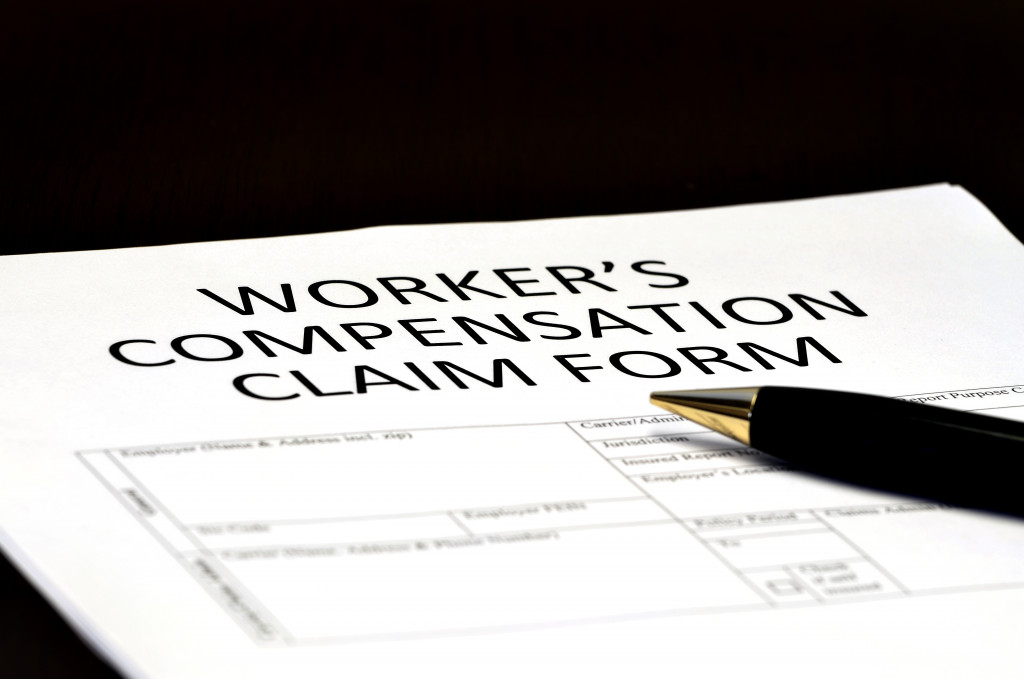- In most states, the general rule is that an independent contractor cannot hold the homeowner responsible for their injuries.
- Exceptions include when a homeowner hires the construction worker as an employee or an independent contractor for the job.
- Homeowners may also be liable for injuries if they fail to maintain a reasonably safe property.
- When construction workers are injured, they must inform their employer and provide all necessary details.
- Workers can seek legal help if they are denied worker’s compensation or not reimbursed.
Construction work, by its very nature, is dangerous work. Accidents still happen despite the numerous safety regulations and standards put in place to protect workers. When a construction worker is injured, the employer is usually responsible for their safety and well-being.
However, what happens when an accident occurs on a homeowner’s property? Can a construction worker sue the homeowner for his injuries? This is a question that many people may have but are often unsure of the answer. This blog post will explore the solution and provide insight into legal issues.
General rule
In most states, the general rule is that an independent contractor cannot hold the homeowner responsible for their injuries. An independent contractor is typically responsible for providing safety equipment and coordinating safe work procedures.
For this reason, homeowners generally do not assume any liability for the actions or omissions of an independent contractor. However, this rule does not always apply when the homeowner is aware of hazardous conditions or unsafe work practices and fails to provide an adequate warning.
Exceptions

There are several exceptions where a homeowner may be held liable for a construction worker’s injuries. For example, if the homeowner hires the construction worker as an employee rather than an independent contractor, they will usually be legally responsible for the worker’s safety.
Moreover, suppose a homeowner hires an independent contractor to work on a hazardous condition that the contractor is not qualified to handle. In that case, the homeowner may be liable for any injuries. Finally, a homeowner could be responsible for damages if they fail to maintain a reasonably safe property.
Worker’s compensation
Home renovation projects always involve some level of risk for the individuals involved. Especially for construction workers, accidents and injuries can happen instantly and have serious consequences. In such instances, a worker must understand the steps needed to get worker’s compensation.
Contact Your Employer
When a worker suffers an injury on a job, they must inform their employer immediately within the specified time frame. The worker should also provide all the necessary details about the damage and how it happened.
These details will help to establish the accident details and can be used to build a strong case when filing a compensation claim. The employer will provide necessary documents related to the injury claim and insurance information that the employee should have.
Legal Assistance
If the worker is being denied worker’s compensation or has problems with being reimbursed relatively, it may be time to seek legal help. A reputable law firm can provide the necessary guidance and support to help you get the worker’s compensation you deserve.
By seeking legal help, you won’t have to shoulder the financial burden of medical expenses, lost wages, and other damages resulting from the accident. With their legal expertise, they can help you navigate the complex legal system to protect your rights.
File a Claim with the Insurance Company

After the claim has been given to the employer, they would lodge it on the worker’s behalf to the company’s insurance provider. It is mainly a requirement that construction companies and companies whose workers are in high-risk jobs take up insurance policies with worker’s compensation coverage.
The insurance company will investigate the claim and make all relevant evaluations to determine the validity of the claim. Once a claim determination has been made, the worker will receive communication from the company insurance providers on their compensation eligibility.
Seek Medical Attention and Keep Detailed Records
When getting injured, the worker should prioritize getting medical attention promptly and accurately, documenting all medical records relating to their treatment. This documentation can help to substantiate the claim as well as the severity of the injury. Medical records, including notes, tests, therapy or treatments, prescribed medication, and follow-ups, are all crucial if the case goes to court.
Final Thoughts
Construction work is a high-risk occupation, and accidents can happen despite the worker’s efforts to work safely. In most cases, homeowners are not legally liable for the injuries of independent contractors they hire. However, some exceptions exist where a homeowner could be held responsible for a worker’s damages. If you are a construction worker injured on the job, it is essential to speak with a qualified attorney who can advise you of your legal rights.

